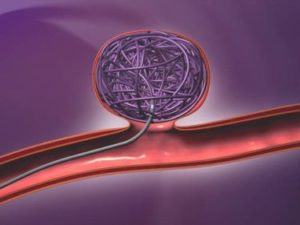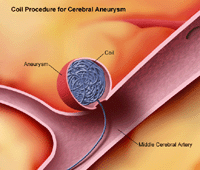what happens to aneurysm after coiling
Endovascular coiling is a way to treat aneurysms without opening the skull or performing brain. Coiling is a minimally invasive procedure that uses tiny catheters to insert small coils directly into the aneurysm and fill it from inside the vessel.

Delayed Middle Cerebral Artery Occlusion Following Endovascular Coiling Of Carotid Terminus Aneurysm Sciencedirect
Preventative surgery is usually only.

. A coil can stop a ruptured aneurysm from continuing to bleed or prevent an unruptured. The neurovascular surgeon makes a puncture in. In the 1990s coiling was introduced as a way of treating ruptured and unruptured brain aneurysms without the need for a craniotomy an operation that opens the skull to expose the.
You are transferred to the intensive care unit ICU for observation and monitoring as the anesthesia or sedation wears off. Once all the coils are placed they compact to form a tiny metal ball that blocks blood from flowing from the main. Patients without a ruptured aneurysm can sometimes go home the next day after spending.
Aneurysm coiling is a procedure that prevents aneurysms from leaking or rupturing. An aneurysm coil is a device inserted via catheter to fill in a brain aneurysm a bulge in a blood vessel. Healthcare providers use endovascular coiling also called endovascular embolization to block blood flow into an aneurysm.
You may need to stay in the hospital for a month or more to recover. The coil refers to a thin wire which is bunched up coiled within the. There were more rebleeds from the treated aneurysm in the coiling group than in the clipping group but there was no difference between the groups in the number of deaths.
This involves fine and. An aneurysm is a weakened area in the wall of an artery. Coils are inserted one at a time until the aneurysm is filled.
Brain aneurysms can be treated using surgery if they have burst ruptured or theres a risk that they will burst. A brain aneurysm can leak or. Endovascular coiling is a way to treat aneurysms without opening the skull or performing brain surgery.
The principle of brain aneurysm coiling is to close the aneurysm selectively and preserve the harbouring parent vessel blood supply to the brain. They are responsible for real-time monitoring of. After a ruptured aneurysm recovery from a coiling procedure typically involves a hospital stay of 14 to 21 days or longer depending on issues caused by the rupture and any.
Pain medication is given. It is considered less invasive surgery in which a small incision is made in the groin so. An aneurysm often looks like a berry hanging on a stem.
A brain aneurysm AN-yoo-riz-um is a bulge or ballooning in a blood vessel in the brain. What happens after the procedure. After the insertion site stops bleeding a dressing will be applied.
Aneurysms can be treated by coiling even after a rupture. The coil is left in place in the aneurysm. The resulting aneurysm can swell and rupture causing damage to surrounding brain tissues and possibly death.
What happens during recovery will depend on how. It can happen to any artery. Rather a catheter is used to reach the aneurysm in the.
Your aneurysm may be repaired with clipping or coiling. Once the aneurysm has been sealed off the catheter will be removed. Since coiling is minimally invasive recovery is much faster than other procedures.
You may feel tired for up to 12 or more weeks. Endovascular coiling is a minimally invasive technique which means an incision in the skull is not required to treat the brain aneurysm. An aneurysm coiling procedure is performed by neurosurgeons with the support of a team of nurses and imaging specialists.
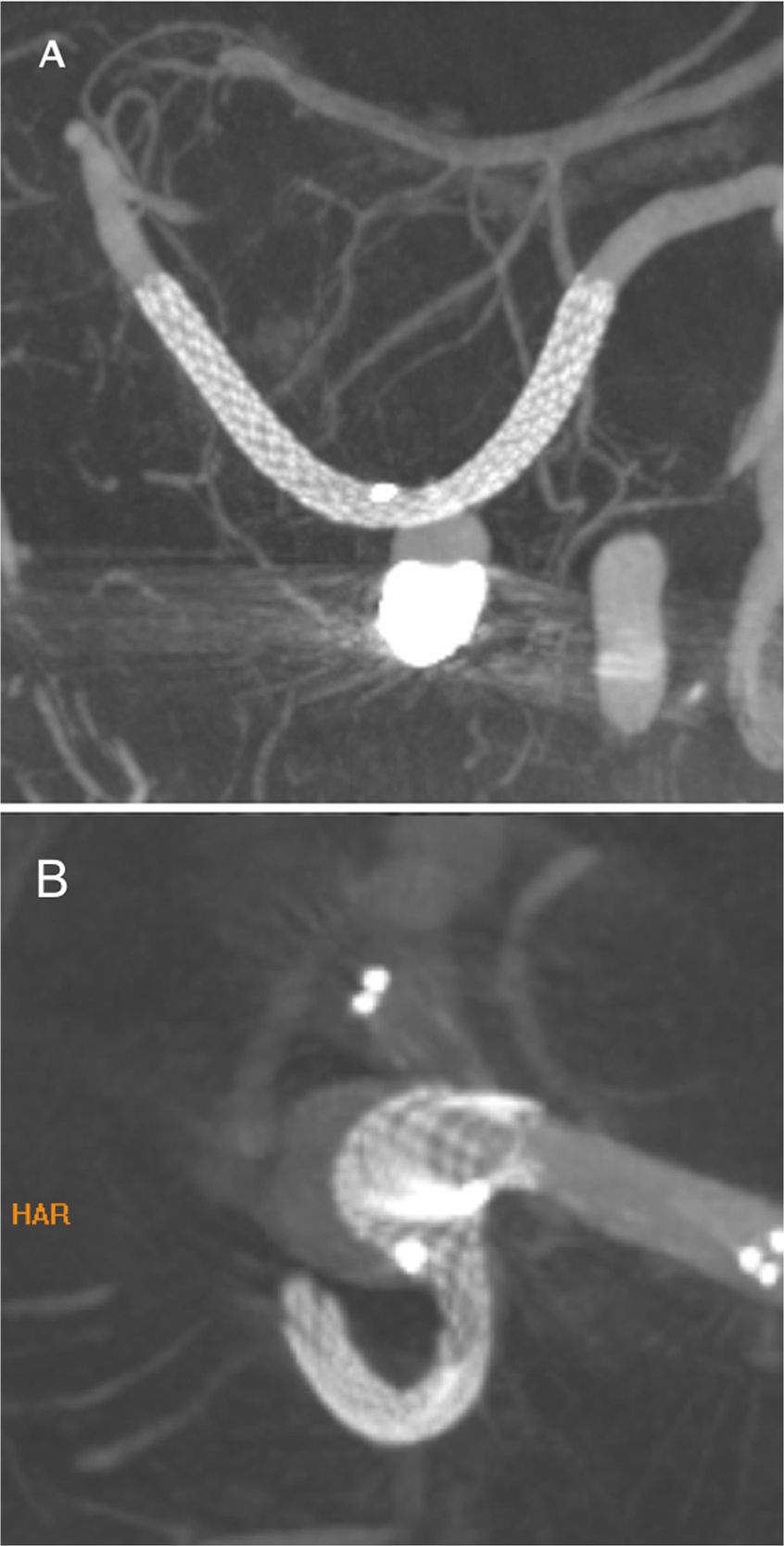
Stent Assisted Coiling Of Broad Necked Intracranial Aneurysms With A New Braided Microstent Accero Procedural Results And Long Term Follow Up Scientific Reports
Isolated Progressive Visual Loss After Coiling Of Paraclinoid Aneurysms American Journal Of Neuroradiology
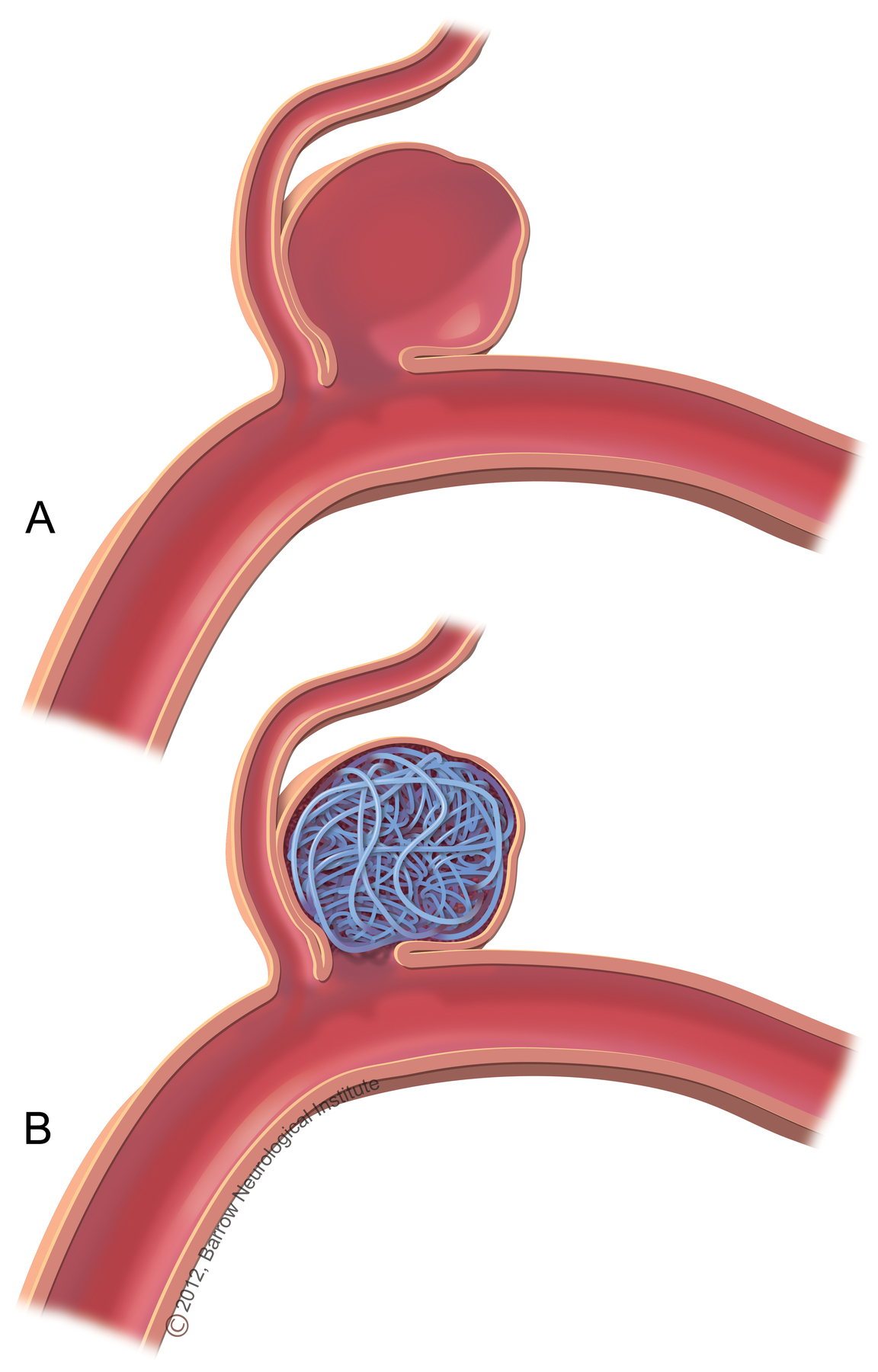
Endovascular Embolization Coiling Joe Niekro Foundation

Brain Spine Foundation Coiling Of Brain Aneurysms

Oc Finally Heading Home Today After A Successful Brain Aneurysm Coiling Surgery R Pics

Heparin Dosing Is Associated With Diffusion Weighted Imaging Lesion Load Following Aneurysm Coiling Journal Of Neurointerventional Surgery
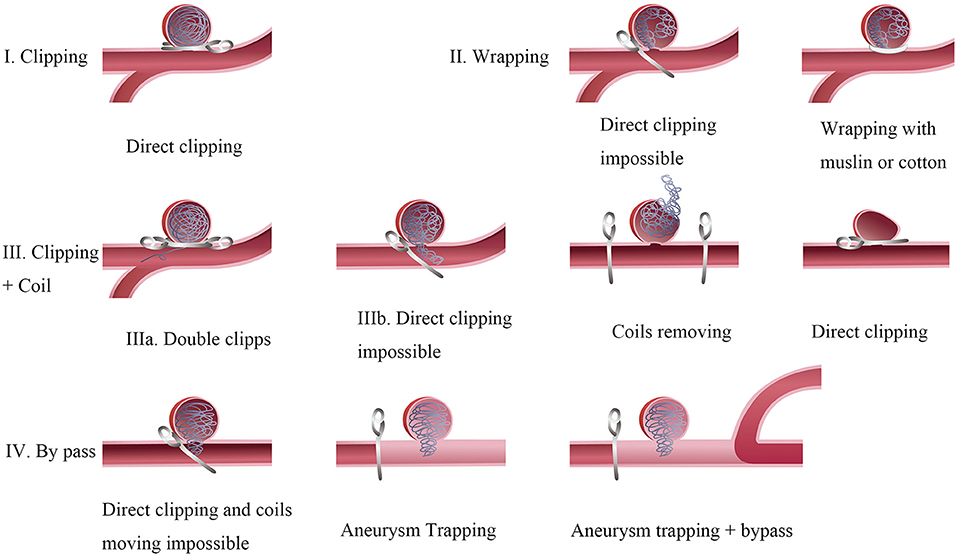
Frontiers Surgical Clipping Of Previously Coiled Recurrent Intracranial Aneurysms A Single Center Experience

Aneurysm Characteristics Coil Packing And Post Coiling Hemodynamics Affect Long Term Treatment Outcome Journal Of Neurointerventional Surgery

Clip Ligation Of Previously Coiled Aneurysm The Neurosurgical Atlas
Endovascular Treatment Of Large And Giant Aneurysms American Journal Of Neuroradiology
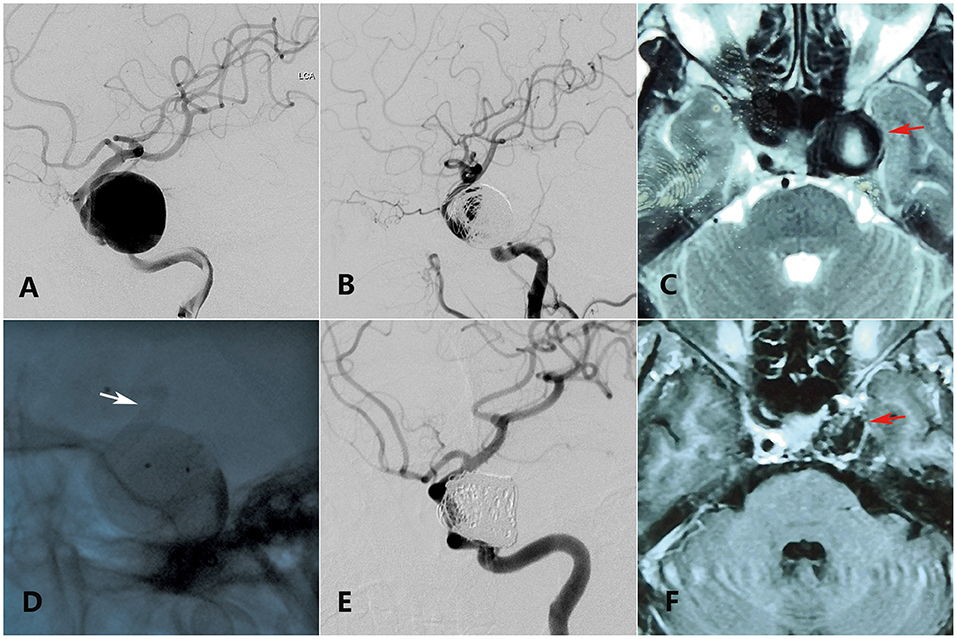
Frontiers Variation Of Mass Effect After Using A Flow Diverter With Adjunctive Coil Embolization For Symptomatic Unruptured Large And Giant Intracranial Aneurysms
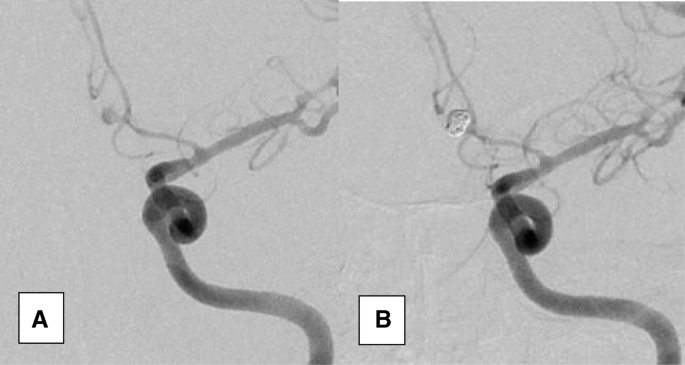
Endovascular Coiling For Cerebral Aneurysm Single Center Experience In Egypt The Egyptian Journal Of Neurology Psychiatry And Neurosurgery Full Text
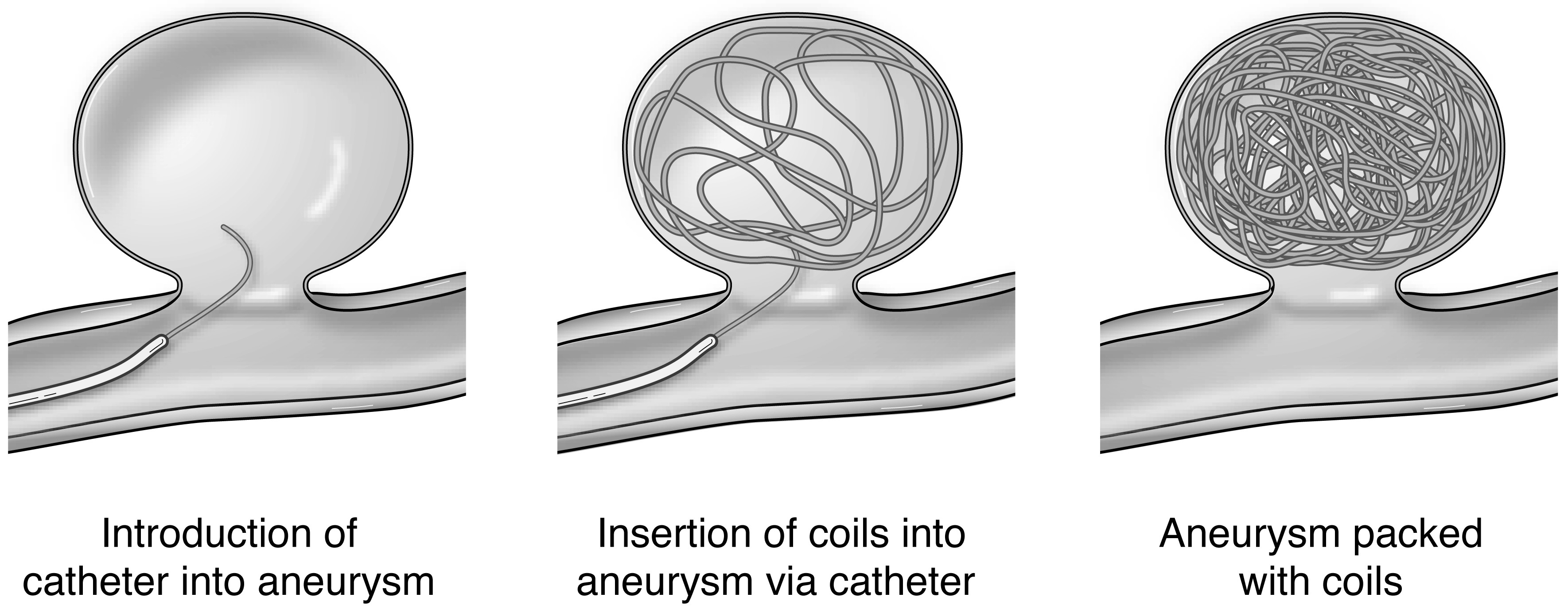
Coiling Or Clipping An Aneurysm Health And Nutrition Facts For You Patients Families Uw Health

Ruptured Aneurysm Recovery Time After A Coiling Procedure

Aneurysm Clipping Coiling Brain Surgeries The American Center For Spine And Neurosurgery Acsn

After Five Years Coiled Aneurysm Has A Better Death Rate Than Clipped But Bleeding Risk Is Slightly Higher
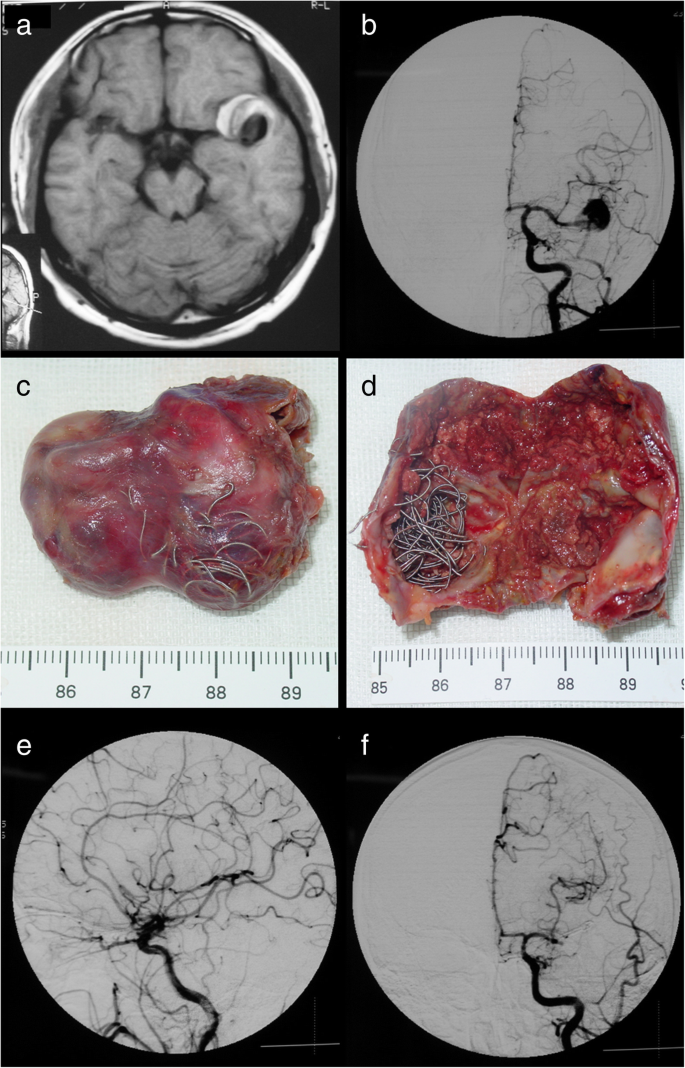
Microsurgical Ligation For Incompletely Coiled Or Recurrent Intracranial Aneurysms A 17 Year Single Center Experience Chinese Neurosurgical Journal Full Text
